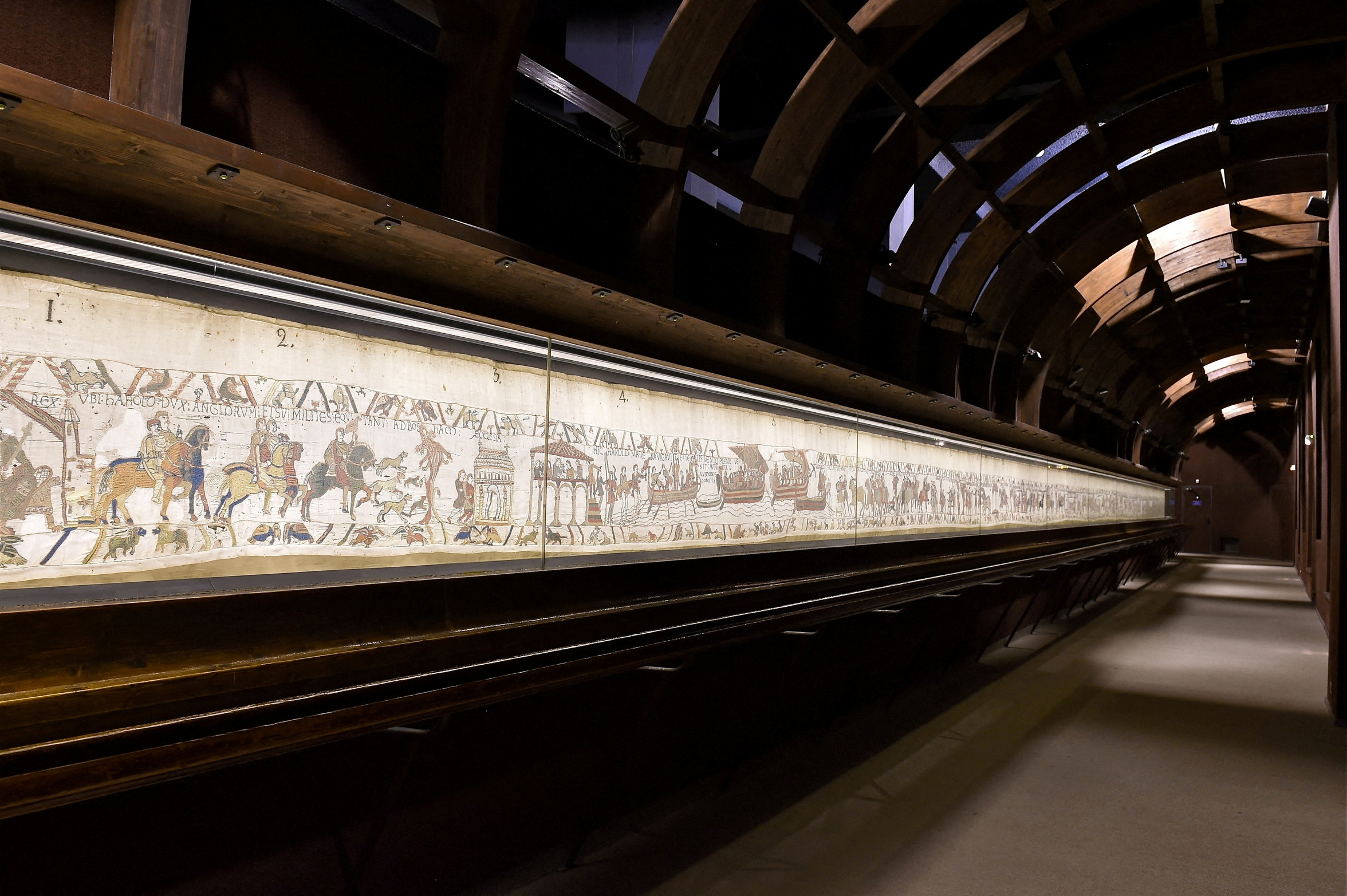The Gaming Control and Supervision Committee (GSC) and its chairman Dimitris Ntzanatos are very close to undertaking an initiative that if implemented will upend the casino market.
The plans of the management of the committee are to include in a special management regime five of the ten casinos that operate in Greek territory which are in poor financial condition.
These are the casinos of Loutraki, Rio, Corfu, Alexandroupolis, and Syros. The Committee, although it receives the tax in favor of the State every day of operation from the specific casinos, found that in their other obligations (salaries of employees, social welfare contributions, etc.) the casinos are not consistent and according to law the committee can proceed for these reasons in revocation of their licenses.
The GSC will use this privilege (revocation of licenses) by submitting the request for special management regardless of the attitude of other creditors (banks, social welfare institutions, employees).
The GSC wants to consolidate the industry so that licenses represent sound schemes that operate according to rules and do not distort competition.
“Clear” of liabilities
But what does special management mean? It means that the casinos will enter an auction and the preferred investor who will give the highest price will keep the license and will get the business “clear” of all kinds of liabilities (loans, cash debts, employee salaries, etc.).
Also, employees will be deemed “liabilities”. The new owner will hire only those he wishes in the new scheme. At the same time, the old owners will have no say in their business once the request for special management is approved. The owners of the five casinos today are Costas Piladakis in Rio, Alexandroupolis and Corfu, the Comer Group and the Municipality of Loutraki in the Loutraki casino and Greek-Australian businessman Nikos Balagiannis in Syros. The auction price will of course cover part of the liabilities to banks, social; security fund EFKA, employees, as defined by the law on special management.
The president of GSC, Dimitris Ntzanatos, has informed the involved businessmen and the employees in the casinos about the planning of the Commission, while at this time he is trying to ensure the political coverage for the project. The first conversations with the political staff were not encouraging, as comes out of the report, but this time he will seek to get the green light from the Prime Minister himself.
With arrangements and facilities
It is a difficult equation, as the current regime may be “ill”, since casinos are a step away from bankruptcy and are maintained with settlements and facilities of creditors, but on the other hand it will affect the interests of the majority of creditors, individuals. entrepreneurs but also employees who, even with delays and cuts, get their salaries. It is noted that the five casinos employ about 1,500 employees. The Commission’s argument is that debts to third parties are invisible and should be considered lost by creditors, who by auction will receive at least part of their debts, while employees – those re-hired by the new schemes – will have secured a regularity in their payments.
However, the market claims that the Commission is in a hurry and states that it should insist and pressure the owners to repay the debts themselves, as both the Comer group and Mr. Balagiannis have the requisite assets, as does Mr. Piladakis. Such a development will also provoke a reaction from the competition. Others say the only thing the Committee should do is “enforce the law now and revoke licenses and not try to put new players on the market through the window.”
€ 75 million will be collected by the State from the licenses
The amount of 75 million euros will be collected in four years by the Greek State from the granting of licenses to gambling providers via the Internet.
The licensing process by the Gaming Control and Supervision Committee (GSC) is in full swing and will be completed by June 15. By then, according to the GSC, about 15 companies out of 21 that have submitted supporting documents will have been licensed.
The licenses have a duration of 7 years and are divided into two categories. Category A which concerns online betting and category B which covers online games, such as casinos, poker etc. The first has a price of 3 million and the second 2 million.
Almost all companies are interested in both licenses. That is why it is estimated that the state will receive 75 million euros (15 companies x 5 million price). The price is broken in four annual installments of 1.25 million euros.
Specific temporary status
It is recalled that the legal market of e-gambling in Greece is still based on a peculiar temporary licensing regime introduced in 2012 and despite its striking weaknesses (the providers themselves stated, the amounts they earned are taxed without any substantial control) is maintained to this day.
Now the GSC, in addition to the commercial policy for which it was responsible until today, will have access to the bets of the licensed companies, since the information systems of the providers will be directly connected to the computers of the Committee so that taxable income does not escape. The servers of GSC have been ordered and will be put into operation in about a year and a half.
Preference for online games
The e-gambling market is growing rapidly. In 2020, the players who preferred online games proceeded to bets amounting to 11.55 billion euros, increased by 35.5% compared to 2019, while the gross income (if the winners’ winnings are deducted from the bets) amounted to 588 million, increased by 34.46% compared to 2019. From 588 million euros, a tax of 233.55 million euros was paid. The remaining 355 million euros were distributed mainly among 5-6 large companies out of 11 operating in the field under the temporary licensing regime.
GSC has already granted licenses to OPAP (Pame Stoixima), Bet365, Stoiximan (also owned by OPAP), Betmed and Fonbet. It is also considered certain that other companies, such as Betshop, Goalbet, Sporting Odds (Sportingbet, Vistabet, Bwin), NetMed, Gamart, N1, Rebels, Poketstar, and Tipbet, will be licensed, as they have almost complete files although some documents are missing. Those companies that are not licensed and currently operate under the temporary regime will have to close down by the end of July.
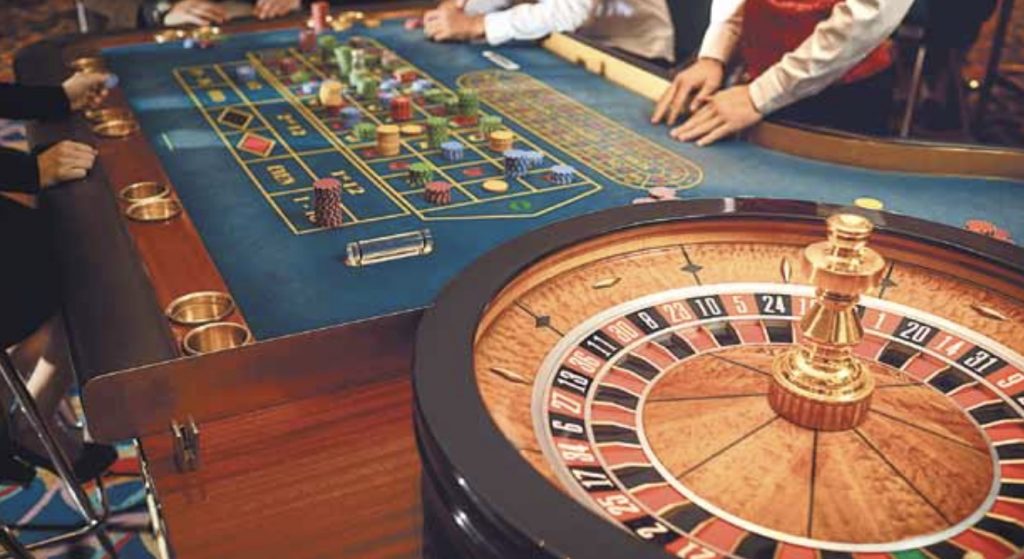

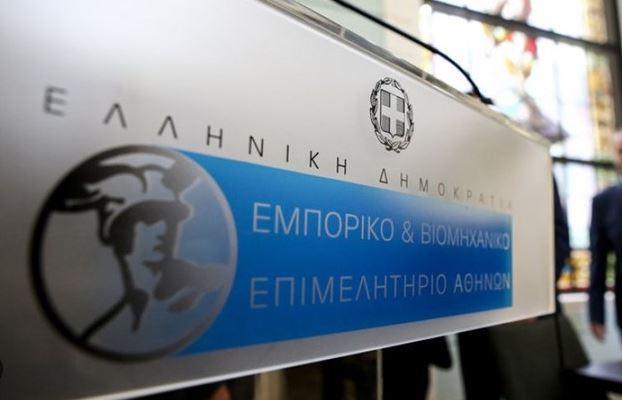
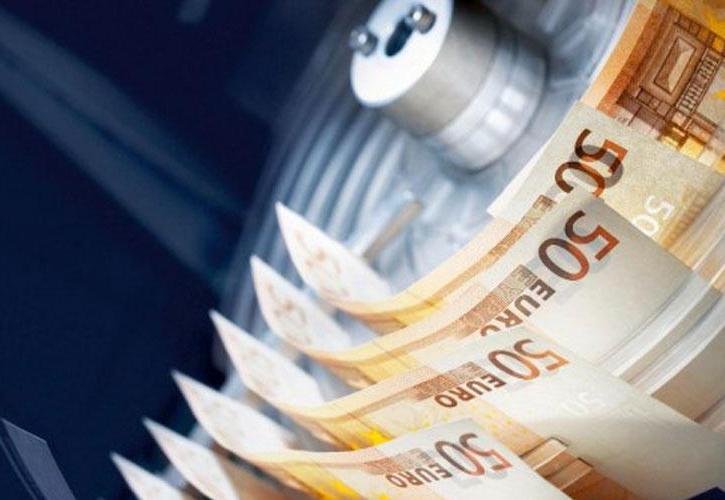
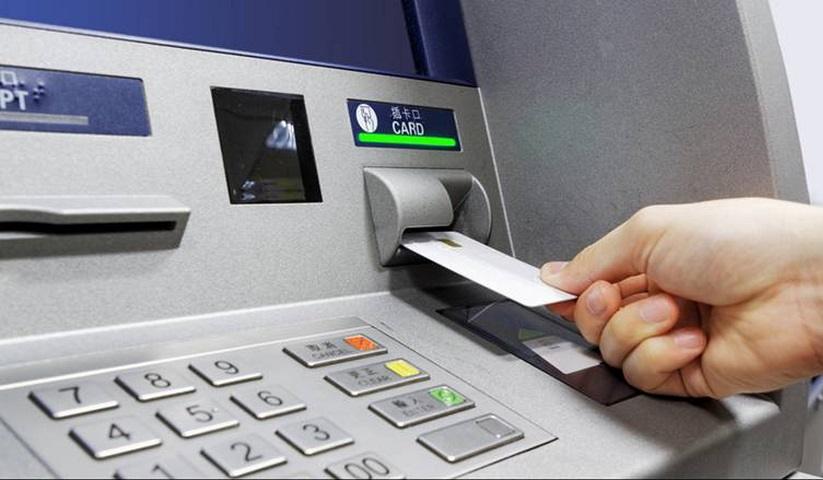

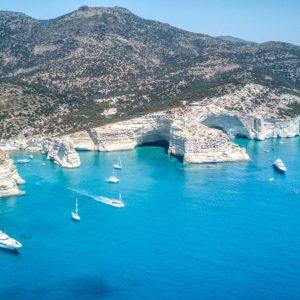


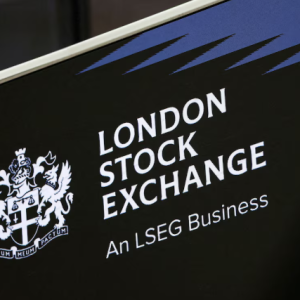
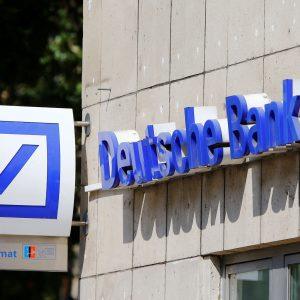








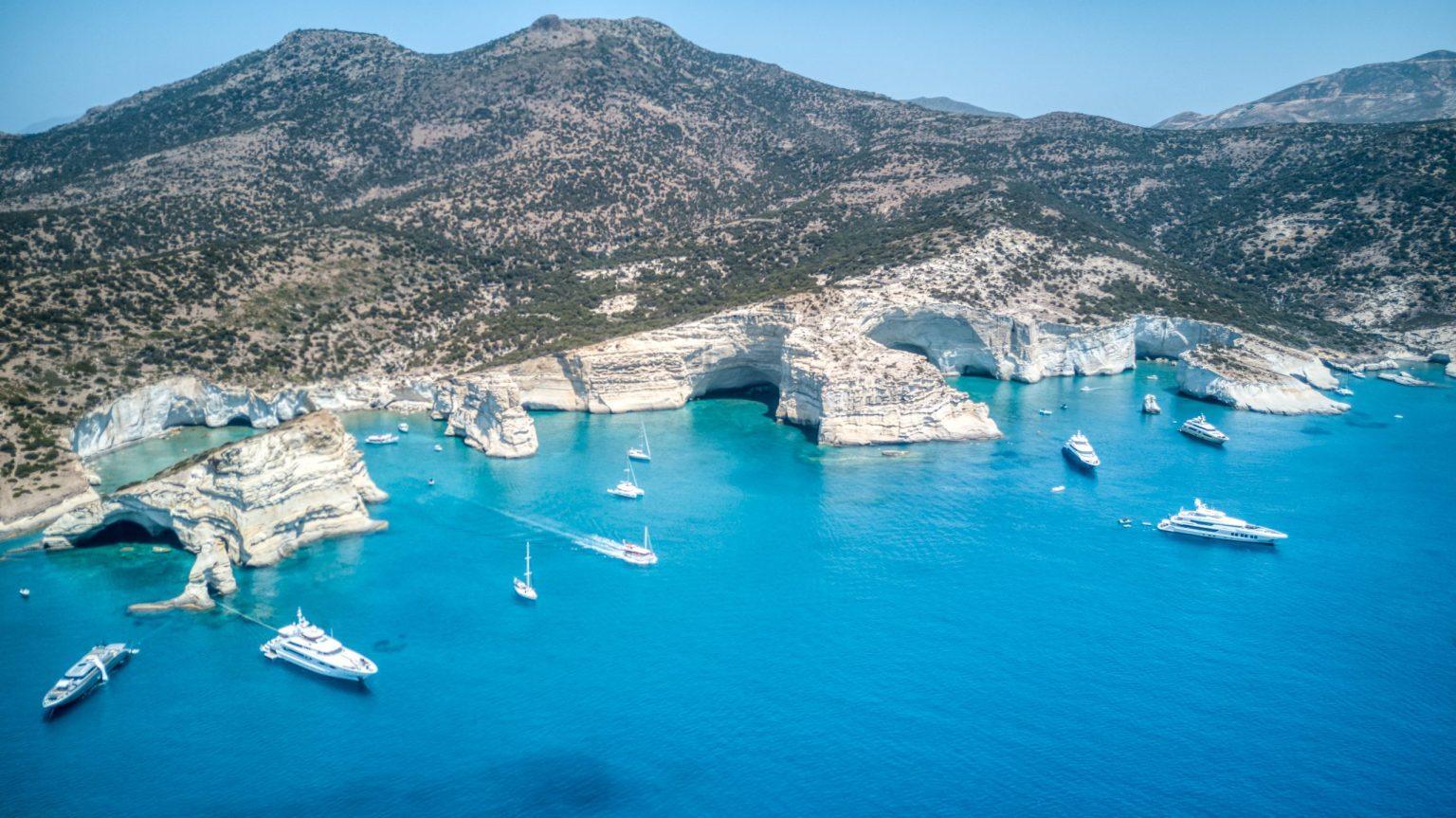
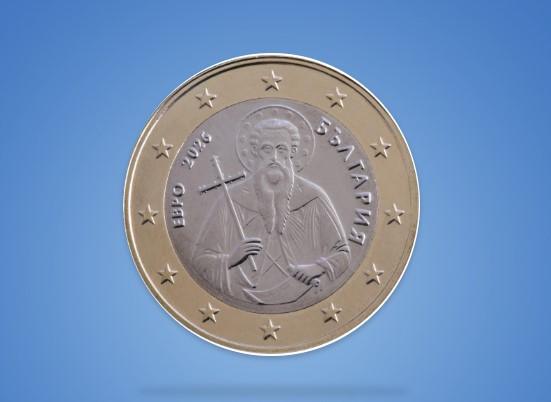

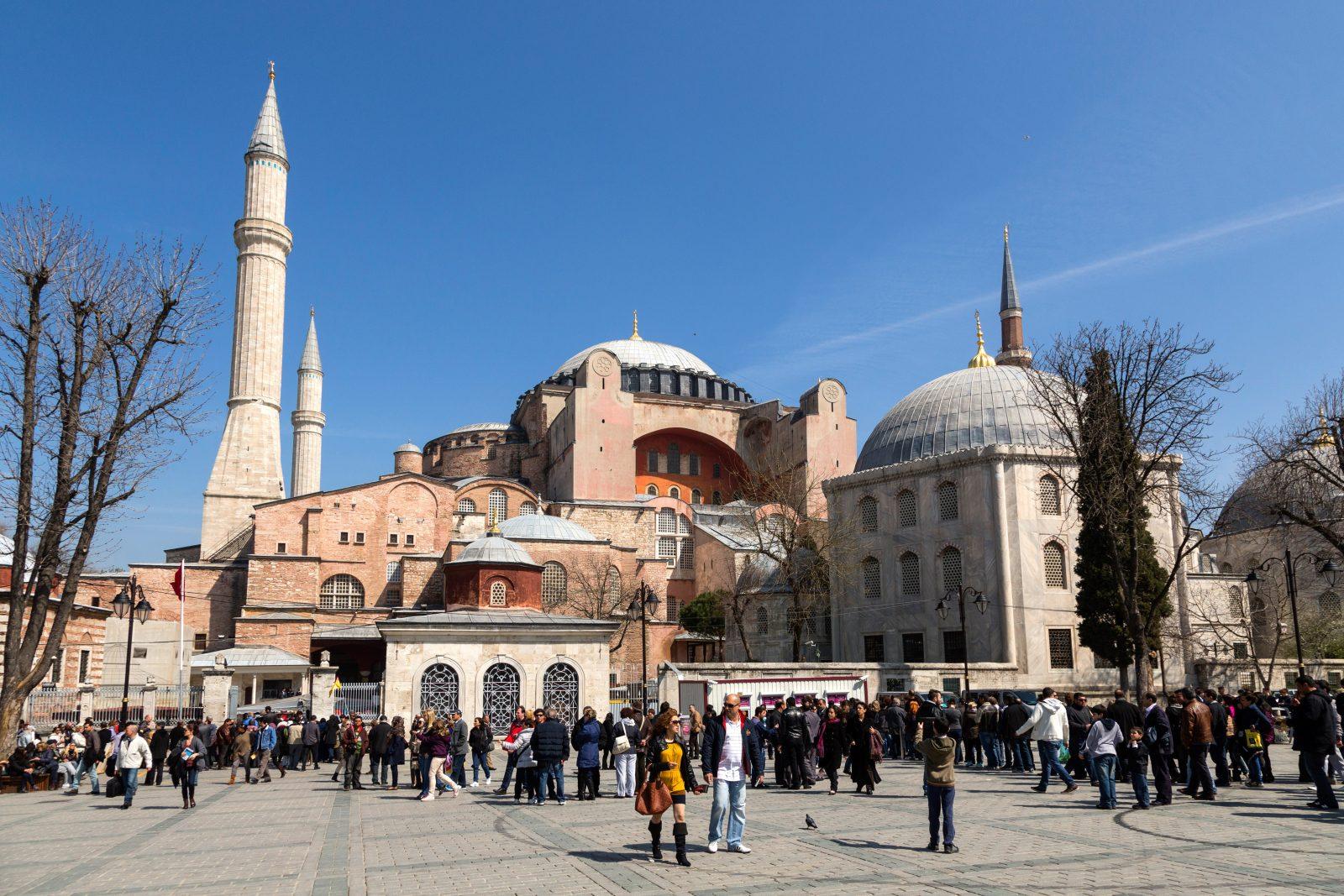






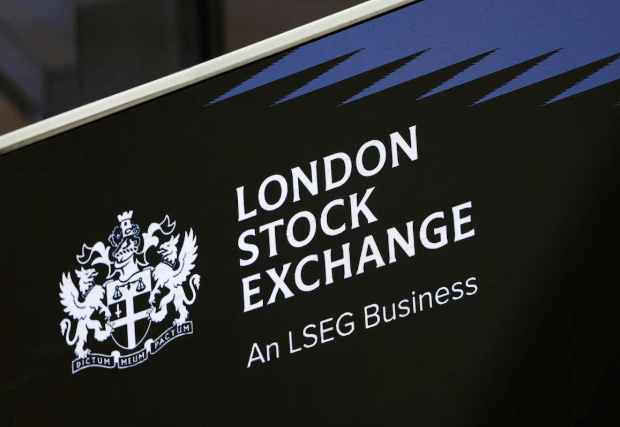
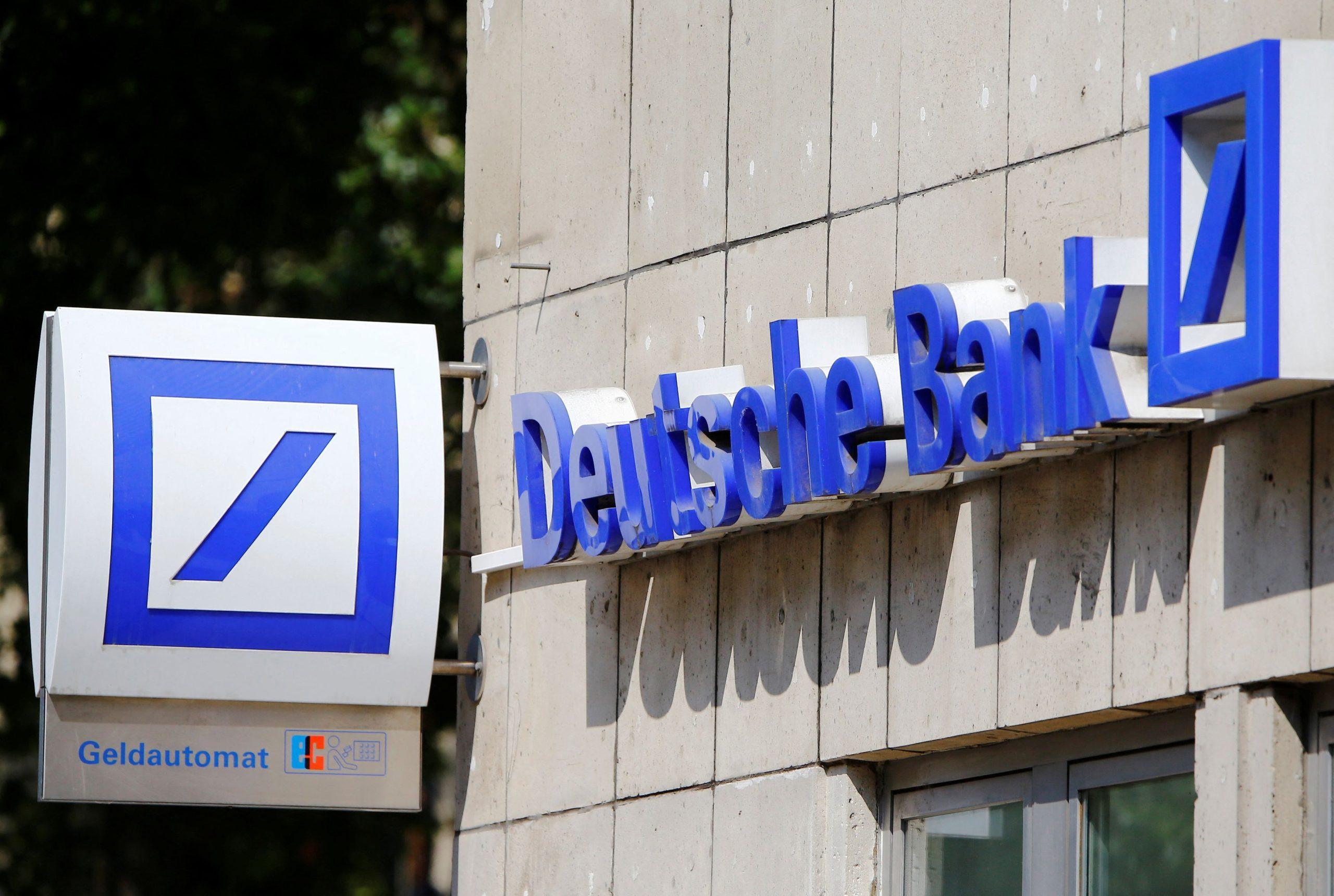




![Καταστήματα: Έκρηξη ενοικίων – Οι περιοχές [πίνακες]](https://www.ot.gr/wp-content/uploads/2025/12/retail.png)

